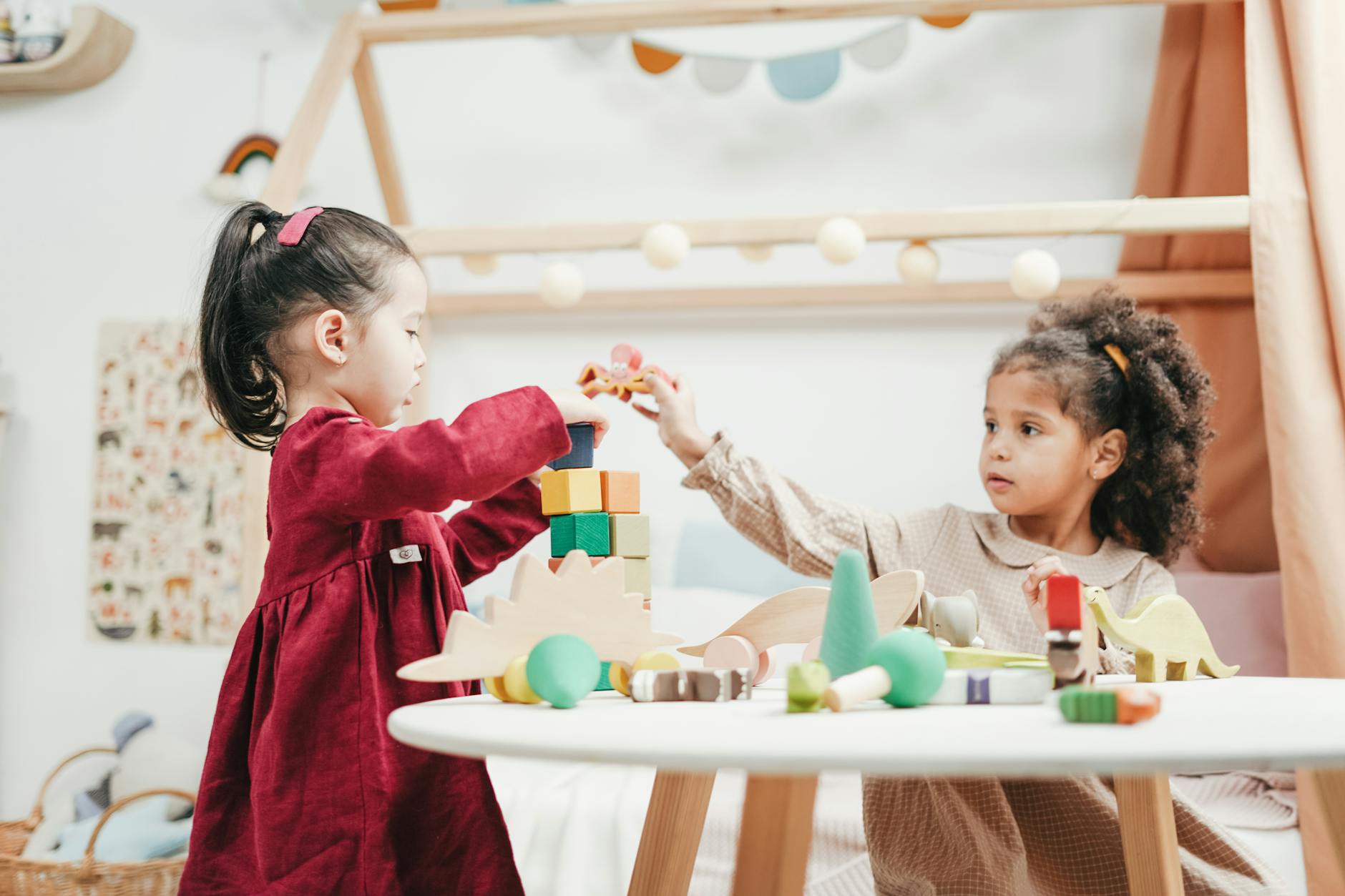For many families, the transition from preschool to kindergarten marks a significant and memorable milestone. Dubbed the ‘Big Little Leap,’ this phase is more than just a step up in education—it’s a foundational moment that can shape a child’s attitude towards learning, social interactions, and independence. As parents and guardians, understanding the importance of this transition and how to support our children through it is crucial. Here’s a closer look at why the leap to kindergarten is so pivotal and how families can navigate this journey together.
The Significance of Kindergarten
Kindergarten serves as a critical bridge between early childhood care and the more structured world of elementary school. It’s a time of tremendous growth, where children are introduced to new academic skills, social norms, and levels of independence. The skills and attitudes they develop during this period can have a lasting impact on their educational journey.
Academic Foundations
Kindergarten introduces children to fundamental concepts in reading, writing, mathematics, and science in a more structured setting than many have previously experienced. It lays the groundwork for academic skills, fostering a love for learning that children will carry with them throughout their school years.
Social Skills and Independence
Beyond academics, kindergarten is a crucial period for the development of social skills. Children learn to navigate friendships, cooperate with peers, and understand the dynamics of a classroom environment. It also marks a significant step towards independence, as children begin to manage their own belongings, follow routines, and make decisions without constant parental guidance.
Emotional Development
The transition to kindergarten can evoke a mix of emotions for both children and parents. For many kids, it’s their first experience of being part of a large group without the constant presence of a parent or primary caregiver. Navigating these emotions successfully is key to a positive start in kindergarten.
Supporting Your Child’s ‘Big Little Leap’
- Visit the School Together: If possible, visit the school with your child before the term starts. Familiarizing them with the environment can ease anxiety and build excitement.
- Establish Routines: Routines provide a sense of security. Establishing a consistent bedtime and morning routine before school starts can help ease the transition.
- Encourage Independence: Encourage your child to perform tasks such as dressing themselves, tying their shoes, and packing their backpack. Small steps towards independence now can lead to big gains later.
- Talk About It: Discuss what kindergarten might be like, focusing on the positives. Reading books about starting school can also help children understand and anticipate what to expect.
- Stay Involved: Engage with your child’s teacher and school activities. Being involved shows your child that you’re interested in their school life and provides you with insights into their progress and any areas where they might need support.
The leap to kindergarten is a significant milestone, filled with growth, challenges, and opportunities. By preparing your child and yourself for this transition, you can help ensure that it becomes a positive and enriching experience. Remember, every child adjusts at their own pace, and patience, encouragement, and support from parents can make all the difference.


